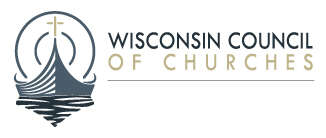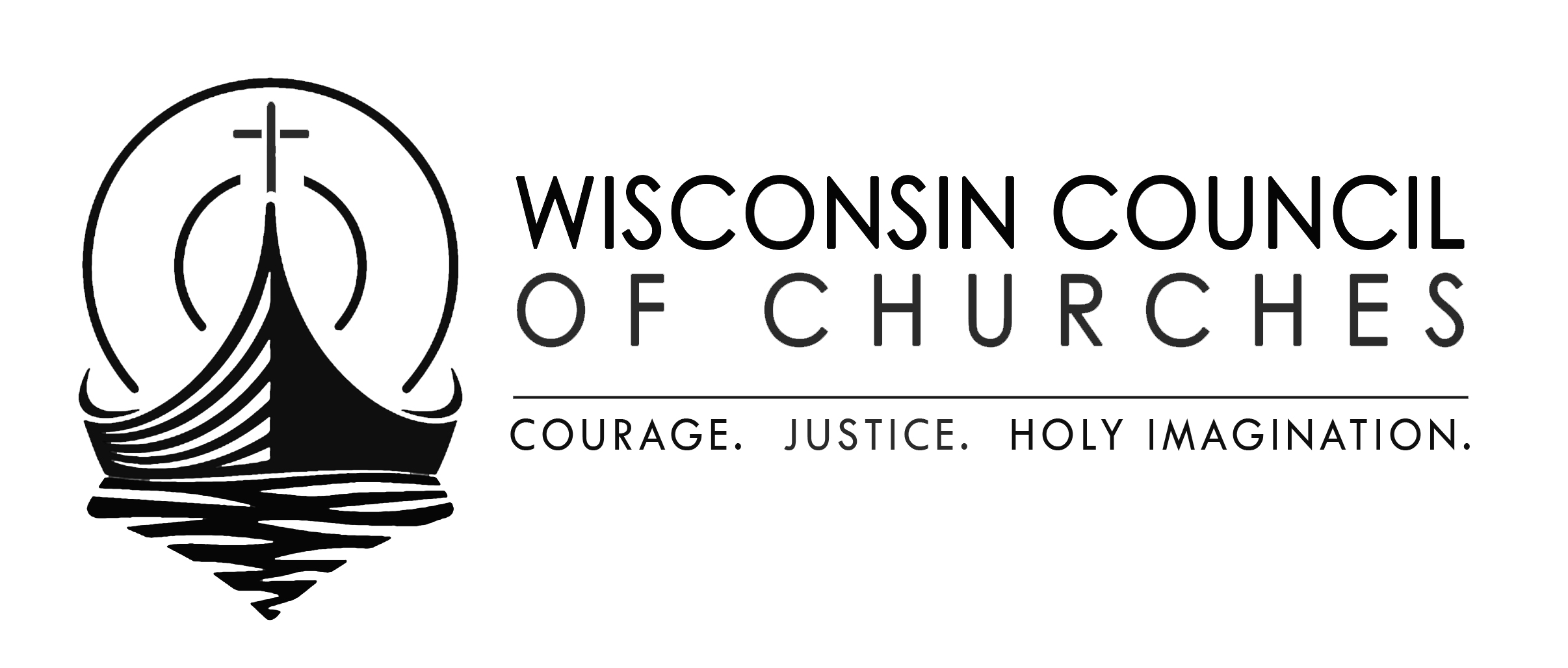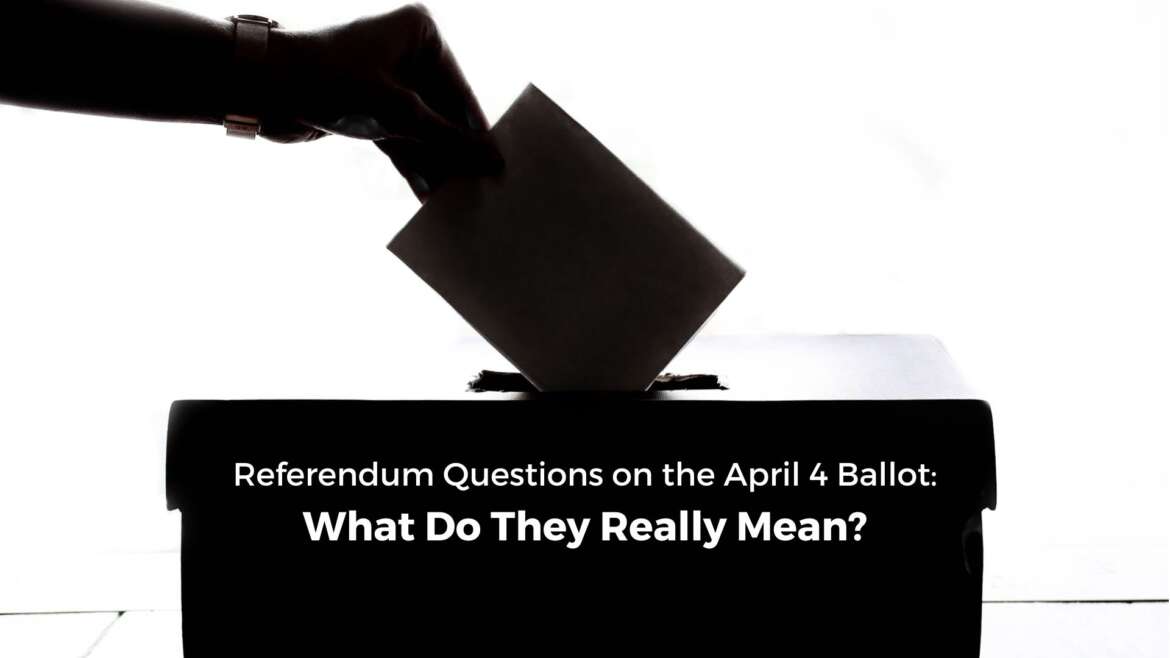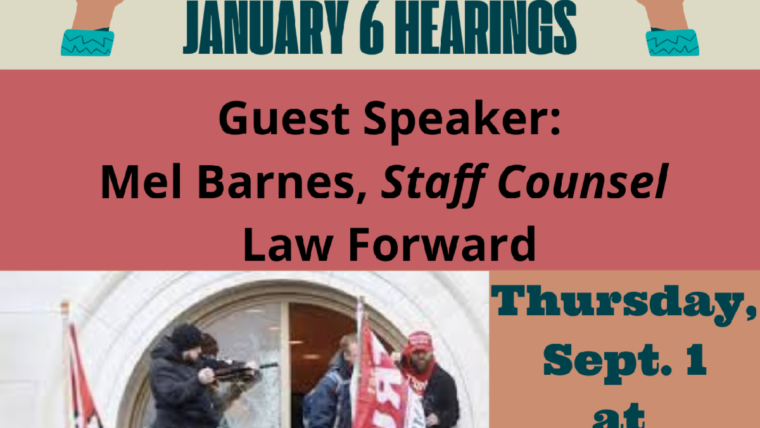Referendum Questions on the April 4 Ballot: What Do They Really Mean?
By: Dr. Peter Bakken, Justice and Witness Coordinator
Is this not the fast that I choose: to loose the bonds of injustice, to undo the thongs of the yoke, to let the oppressed go free, and to break every yoke?…Then your light shall break forth like the dawn, and your healing shall spring up quickly….
– Isaiah 58:6-8a
The blizzard of campaign advertising and political news that piles up around every election – including the election on April 4 – can bury a fundamental truth: Democracy is how we work with other members of our community to solve problems and pursue common goals. This process ought to be fair and inclusive, with everyone having a voice in the decisions that affect them, and those decisions promoting the well-being of everyone in the community. But too often the way we “do democracy” marginalizes some of our neighbors, demeaning them, disregarding their interests, and making their lives more difficult – especially when they have low incomes or are persons of color.
The statewide advisory referendum questions on the April 4 ballot are a case in point. With so much attention focused on the Wisconsin Supreme Court race, we need to take a closer look at these questions before casting our ballots.
Two questions are about cash bail and pretrial detention. If passed, they would amend the Wisconsin state constitution to allow courts to (1) impose on someone who has been accused of a crime, but not convicted, conditions that are designed to protect the community from “serious harm,” and (2) require cash bail for someone accused of a violent crime based on “the totality of circumstances,” including previous convictions and the need to protect members of the community from “serious harm.” (Currently, the constitution only allows cash bail to assure that the accused will appear in court.)
So what’s the problem? If the first passes, “serious bodily harm” (as the constitution reads now) would become “serious harm as defined by the legislature by law.” A bill (SB75/AB54) has been introduced that would define “serious harm” to include mental anguish, emotional harm, property damage, and economic loss. But voters couldn’t know this from reading the question. There could be legal challenges to the amendments based on the misleading wording.
The second proposed amendment is supposed to protect the community. But accused persons with means could more easily buy their freedom than those who are poor. Both changes would give courts more reasons to detain persons awaiting trial, and would likely lead to more persons being held in overcrowded jails without being convicted of a crime.
Given the extreme racial disparities in Wisconsin’s legal system, the consequences of these amendments – loss of freedom, loss of income, increased likelihood of re-offending — will fall disproportionately on people of color, as well as on those in poverty.
The third referendum question asks, “Shall able-bodied, childless adults be required to look for work in order to receive taxpayer-funded welfare benefits?” Although this question is only “advisory,” it, like the others, undermines the inclusive community that is essential to real democracy. Simply by being on the ballot, it creates misunderstandings and reinforces stereotypes that stand in the way of making our communities places where everyone can thrive with dignity.
The question itself is misleading in many ways. The term “welfare” seems to be used here to refer to a public benefit program intended to help people in poverty, such as Wisconsin Works (W-2), FoodShare or Medicaid. However, W-2 and FoodShare already have work requirements, and the federal government currently bars work requirements for Medicaid. The question not only fails to tell the voter which programs are meant, but misleads by lumping them all together and implying that there are currently no work requirements for any.
If the referendum is meant to “advise” the legislature on what laws to enact, the question leaves too many questions up in the air for voters to make an informed decision. What is the definition of “able- bodied”? Or of “childless”? What would it mean to “look for work” and what assistance would be provided? What would be the penalties for failure? There are many ways to help more people to find jobs that can lift them out of poverty, but passing this referendum is not one of them.
More insidiously, the term “welfare” evokes negative stereotypes of people – especially Black persons — in poverty who supposedly are unwilling to work. “Taxpayer-funded” suggests resentment at having to support government antipoverty programs for those who are believed to fit the stereotype. (And it ignores the many publicly-funded benefits for wealthier taxpayers.) Absent is any understanding of the real lives of people in poverty and the challenges they face. Nor is there any sense that we all belong to an interdependent community, and we can only flourish to the extent each of our neighbors can flourish.
The opportunity to vote is a chance to use our voices to express our values as Christians and as citizens. On April 4, let us speak with love for all our neighbors, without exception.
There may be other county or municipal or referendum questions on your ballot, as well as choices for local public office – be sure to check https://myvote.wi.gov/en-us/Whats-On-My-Ballot
More information:
Statewide Referendum Questions 1 and 2 – Legislative Reference Bureau paper
Statewide Referendum Question 3 — League of Women Voters of Wisconsin Statement on Advisory Referendum April 4-23 (wi.gov)



